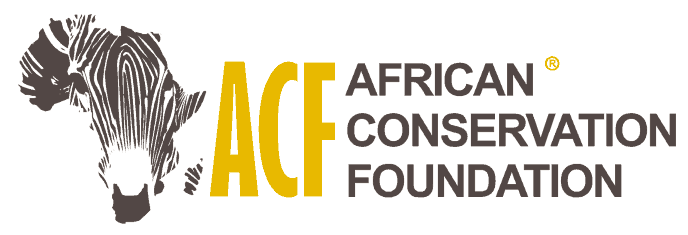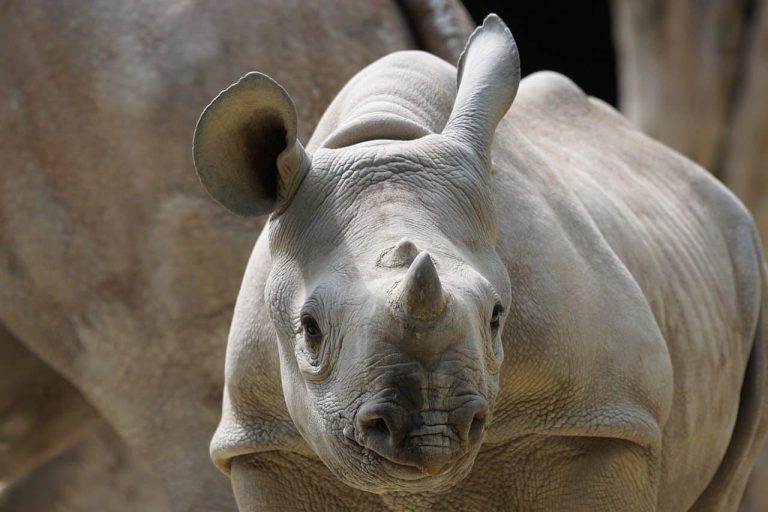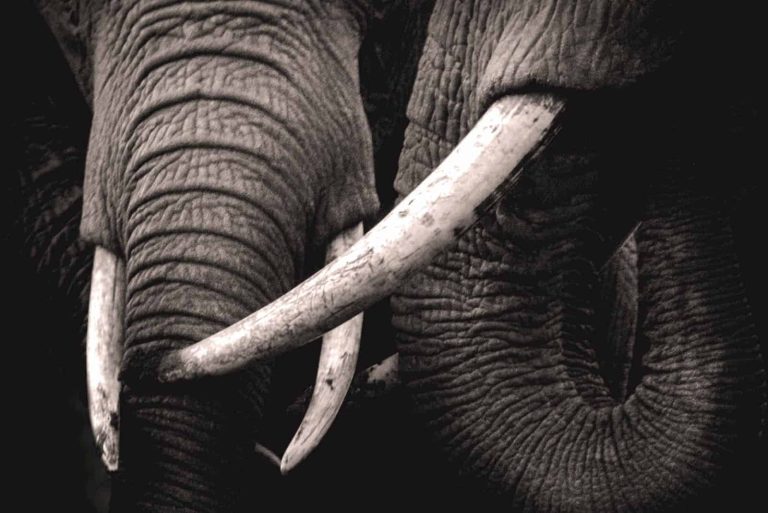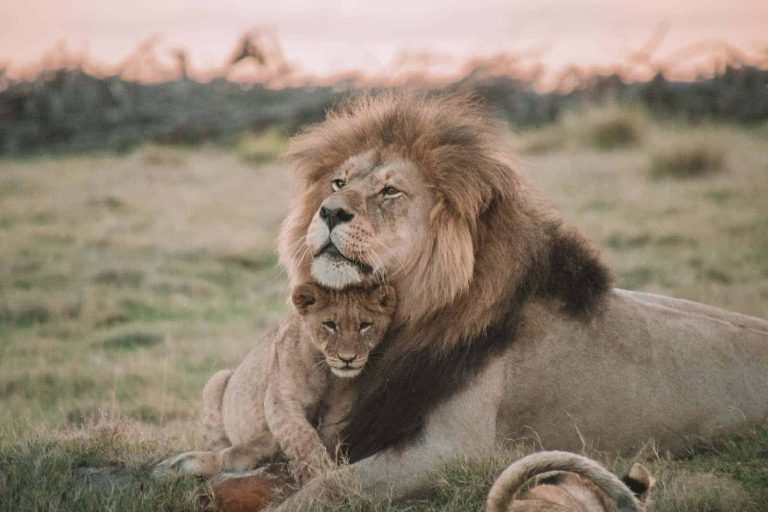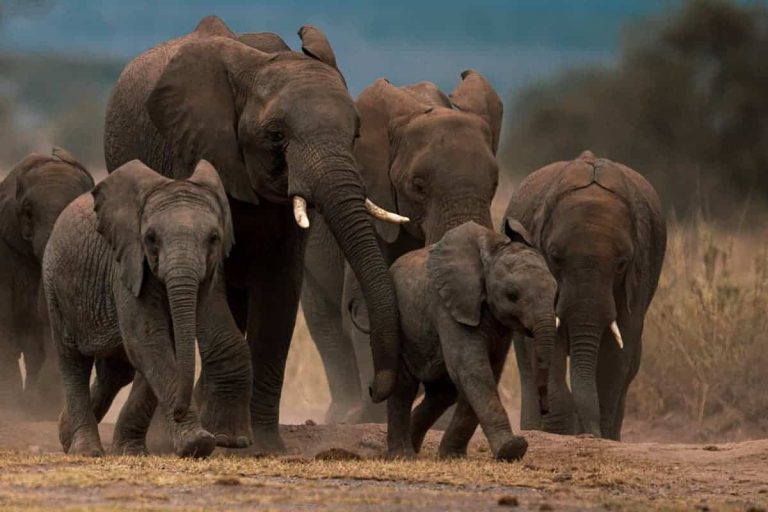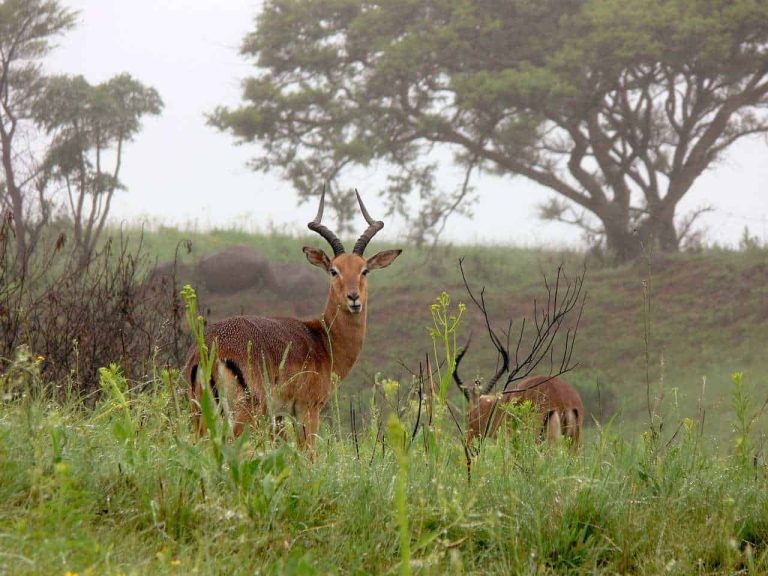World Wildlife Day 2023: Celebrating conservation partnerships protecting African wildlife
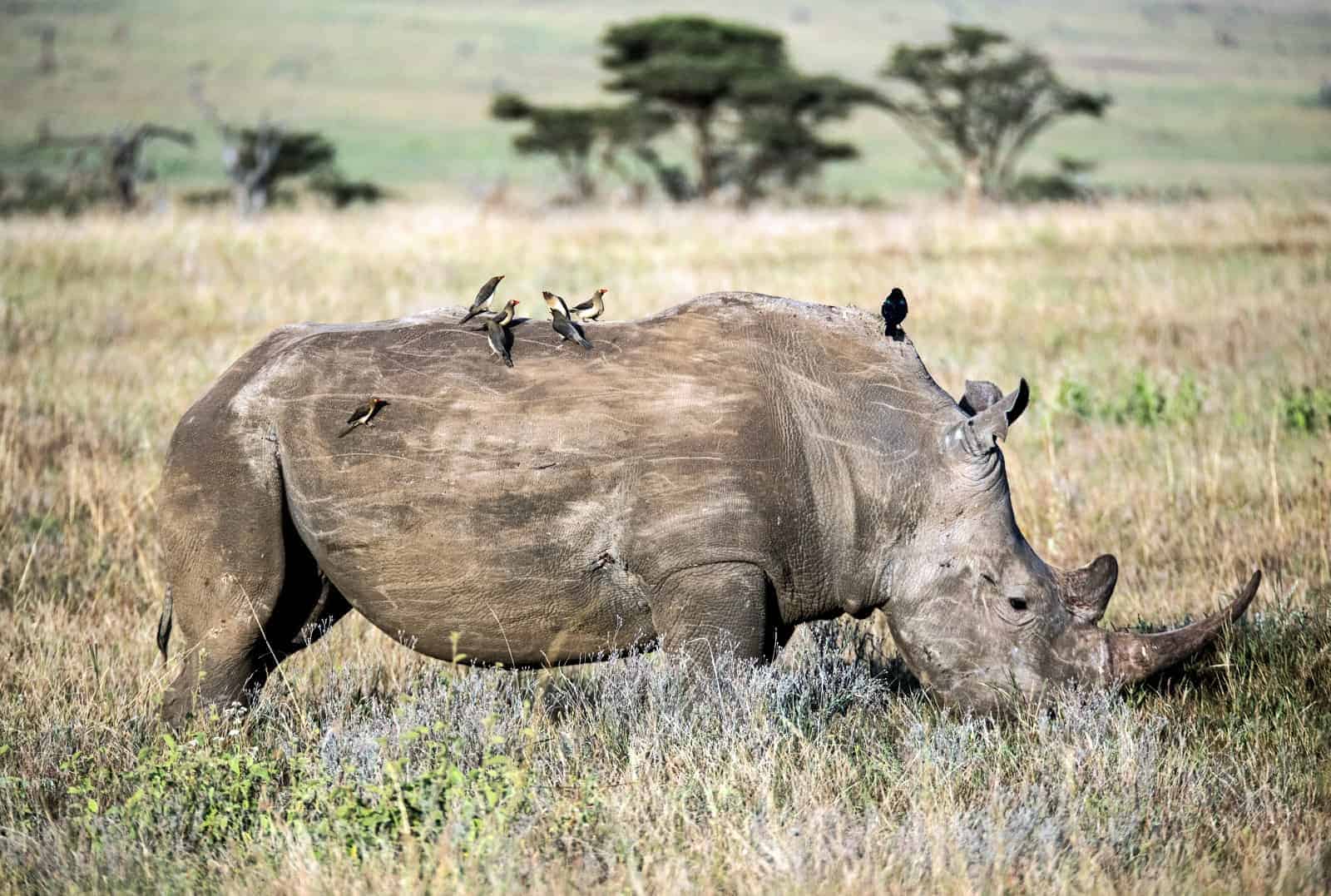
March 3rd marks the annual World Wildlife Day, a day set aside by the United Nations to celebrate and raise awareness about the world’s wild animals and plants, and the importance of protecting their habitats.
World Wildlife Day celebrates the beauty, richness, diversity and the contribution that wild animals and plants make to our world and our lives. It serves to ‘celebrate and raise awareness of the world’s wild animals and plants’. It highlights the intrinsic value of wildlife and its various contributions, including its ecological, genetic, social, economic, scientific, educational, cultural, recreational and aesthetic contributions to sustainable development and human wellbeing.
This year’s theme recognises that all successful conservation actions depend upon cooperation. No government or organization, including the United Nations, can tackle the issue without collaboration and sharing of experience and expertise. So, the theme this year is ‘Partnerships for Wildlife Conservation’.
As we celebrate World Wildlife Day, it is important to recognise the organisations and individuals who are doing critical work to protect wildlife and their habitats, and to ensure that local communities benefit from conservation efforts. The African Conservation Foundation (ACF) has been working in Africa for over 20 years to develop local capacity for conservation and ecosystem restoration, including sustainable livelihoods for communities.
Conservation Successes
In the past 24 years, the ACF has been working on various conservation projects with partners across Africa. One such partnership, with the Environment and Rural Development Foundation (ERuDeF), has developed the Cross River gorilla conservation programme in Cameroon.
The Cross River gorilla is one of the most endangered primates in the world, with only an estimated 200-300 individuals remaining in the wild. The gorillas live in the rugged terrain of the highlands, an area that has been threatened by deforestation, illegal logging, and hunting.
The ACF, in collaboration with ERuDeF and communities, has been working to protect the gorillas and their habitat by developing alternative livelihoods for local communities. By developing sustainable agriculture practices, eco-tourism initiatives, and other income-generating activities, the ACF has been able to reduce the pressure on the forest and reduce the need for hunting and logging.
The ACF has also been working with local communities to monitor and protect the gorillas, including training community members to conduct gorilla surveys and patrols to prevent poaching and other illegal activities. In addition, the ACF has been working with the government of Cameroon to strengthen protected area management, and to ensure that reserves are effectively managed and protected for future generations.
The success of the Cross River gorilla programme is proof to the importance of engaging local communities in conservation efforts, and to the critical role that conservation partnerships play in protecting wildlife and their habitats. Training and knowledge transfer is vital to develop local capacity.
As we celebrate World Wildlife Day, it is important to recognise the ongoing threats facing our planet’s wildlife and the critical need for action to protect them. This reminds us that we all have a role to play in protecting our planet’s biodiversity, and that by working together, we can create a sustainable future for all.
—
Photo: David Clode / Unsplash
